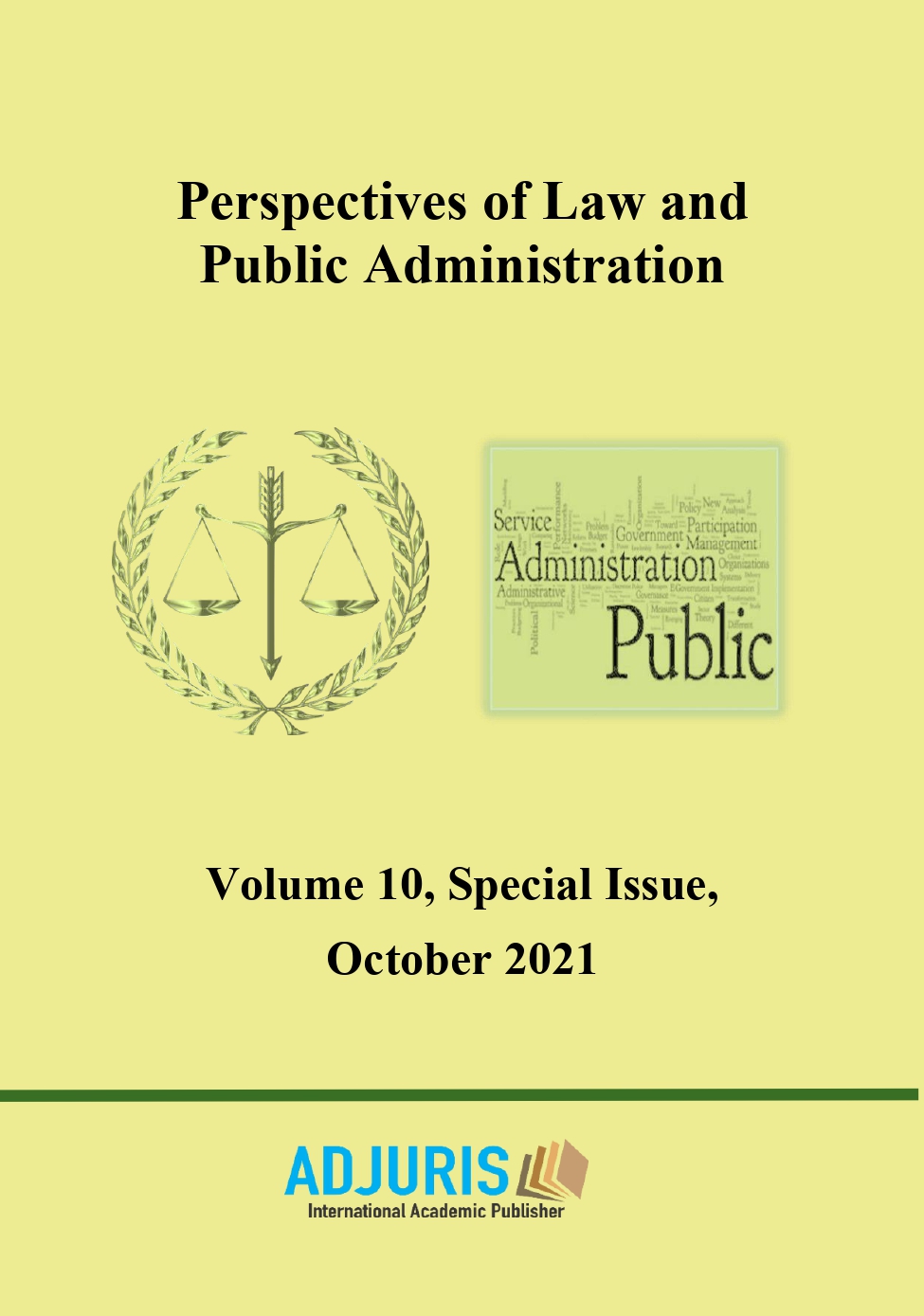ESTABLISHING A FAMILY BY THE NEW TECHNOLOGIES FOR ARTIFICIAL REPRODUCTION ACCORDING TO THE POSITIVE LEGISLATION OF NORTH MACEDONIA IN THE LIGHT OF COMPARATIVE FAMILY LAW
ESTABLISHING A FAMILY BY THE NEW TECHNOLOGIES FOR ARTIFICIAL REPRODUCTION ACCORDING TO THE POSITIVE LEGISLATION OF NORTH MACEDONIA IN THE LIGHT OF COMPARATIVE FAMILY LAW
Author(s): Arta Selmani-Bakiu, Adnan JashariSubject(s): Civil Law, ICT Information and Communications Technologies, Comparative Law
Published by: Societatea de Stiinte Juridice si Administrative
Keywords: artificial reproduction and family; legal parents; genetic lineage; best interests of the child;
Summary/Abstract: The time in which humanity lives today, it has changed the conventional paradigms of the natural and biological parameters. As such, this time has given mankind today the courage to challenge, as well as change, some of the natural consequences of man's well-being as a social being - first and foremost as a biological being. Therefore, through theoretical dilemmas and scientific successes elsewhere, man well-builds his own future, which on one hand gives him knowledge of the power of rational knowledge, and on the other hand adds great responsibilities, perhaps even enigmatic and unseen before. It is about the consequences that man can have from inconsistent interventions in nature, and the alternation of social structure in this context. When it is known that for each intervention man pays the price, changing the same conventional cohesive structure within the family will give its own price in the near future. In this paper the authors present the facts based on the development and application of artificial reproduction technology (artificial insemination, in vitro fertilization, surrogate motherhood, post-mortem reproduction) are evidence for redefining the concept of family which in this respect undermines the principle of conceiving a child naturally. In this paper the authors emphasize that the plurality of forms for establishing parenthood, which became possible with the rapid development of medicine and biotechnology, allows the application of new reproductive technologies, expands the possibility of family planning on one hand, but on the other hand questions the genetic status of the child born through these methods. The authors have considered it reasonable that through this paper to give their recommendations for filling the legal gaps that exist in the family and biomedical legislation of the RNM. The authors place special emphasis on the urgent need to overcome legal contradictions which currently affect the best interest of the child born with any of the methods of artificial reproduction. In addition to the analysis of domestic legislation, the text also provides a comparative framework on the legal regulation of the status of members of family (children and parents) established by the methods of artificial reproduction.
Journal: Perspectives of Law and Public Administration
- Issue Year: 10/2021
- Issue No: Special
- Page Range: 57-70
- Page Count: 14
- Language: English

